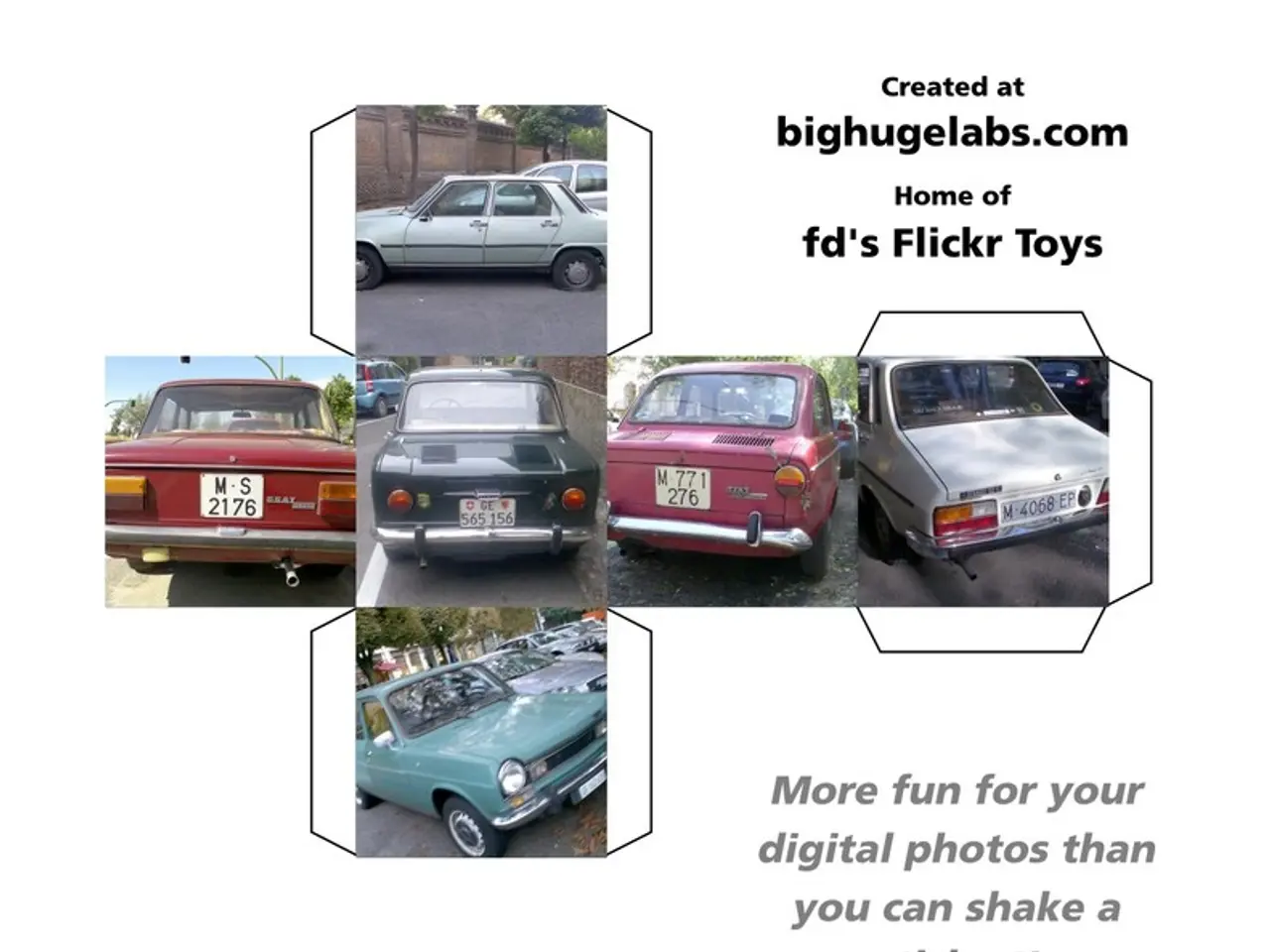BMWremains confident that traditional gas engines will persist indefinitely.
BMW, the renowned German automaker, has announced a strategic approach that balances the adoption of electric vehicles (EVs) with the continued use of traditional combustion engines. This approach, dubbed "Power of Choice," is a testament to BMW's commitment to providing consumers with a variety of options.
In a recent statement, CEO Oliver Zipse argued against the idea of forcing everyone into EVs, suggesting that such a move could lead down a dead-end street. However, BMW is not shying away from the electric revolution. Last year, the percentage of BMW Group's total sales from purely electric vehicles increased to 17.4%. By 2030, the company projects that half of its annual sales will come from EVs.
Despite the growing emphasis on EVs, combustion engines still play a pivotal role in BMW's lineup. Klaus von Moltke, Head of Global Powertrain Production at BMW, stated that the combustion engine is the foundation. BMW insists that even with the introduction of the new iX3 and Neue Klasse, combustion engines will continue to be a significant part of their offerings.
The company plans to evenly split its annual sales between combustion-engine cars and EVs by 2030. In support of this goal, BMW is making tweaks to its inline-six and V8 powertrains to meet upcoming Euro 7 regulations. Diesel engines will still be offered in the next-generation X5, X6, and X7.
BMW opposes the EU's proposed ban on new combustion-engine cars from 2035. The policy regarding the ban could still change, with plug-in hybrids potentially allowed after the middle of the next decade. The European Union intends to review its zero-emission plan before the end of the year, which could provide clarity on the future of combustion-engine cars.
In terms of new EV models, BMW is expected to expand its lineup significantly. The EV lineup is expected to include an i3 Touring, iX4, iX5, iX6, and an iX7 before the end of the decade. An entry-level i1 and/or i2 could debut before 2030. The Neue Klasse family will include the new iX3 and next year's i3 sedan.
Jochen Goller, a board member at BMW, has stated that combustion engines will never disappear. This sentiment is echoed by Goller's assertion that EVs with range-extending gas engines could continue, and BMW is believed to be bringing this setup back for the next-generation X5.
In conclusion, BMW's strategy emphasizes variety, allowing consumers to choose between electric and traditional powertrains. The company's commitment to both technologies ensures that they are well-positioned to navigate the evolving automotive landscape.
Read also:
- Fructose Market Forecasted to Exceed $8.1 Billion by 2034
- Latest Edition of Bus-News Magazine Arrives for 2023!
- Testing the Camp Mode of the 2025 Tesla Model Y with Juniper's interior housing two kids, shockingly low CO2 levels were discovered.
- Week 40, 2024: Model 3 hits staggering 729-mile range, Spotify disabled in vehicles, China imposes tariffs, Cybertruck recall announced








